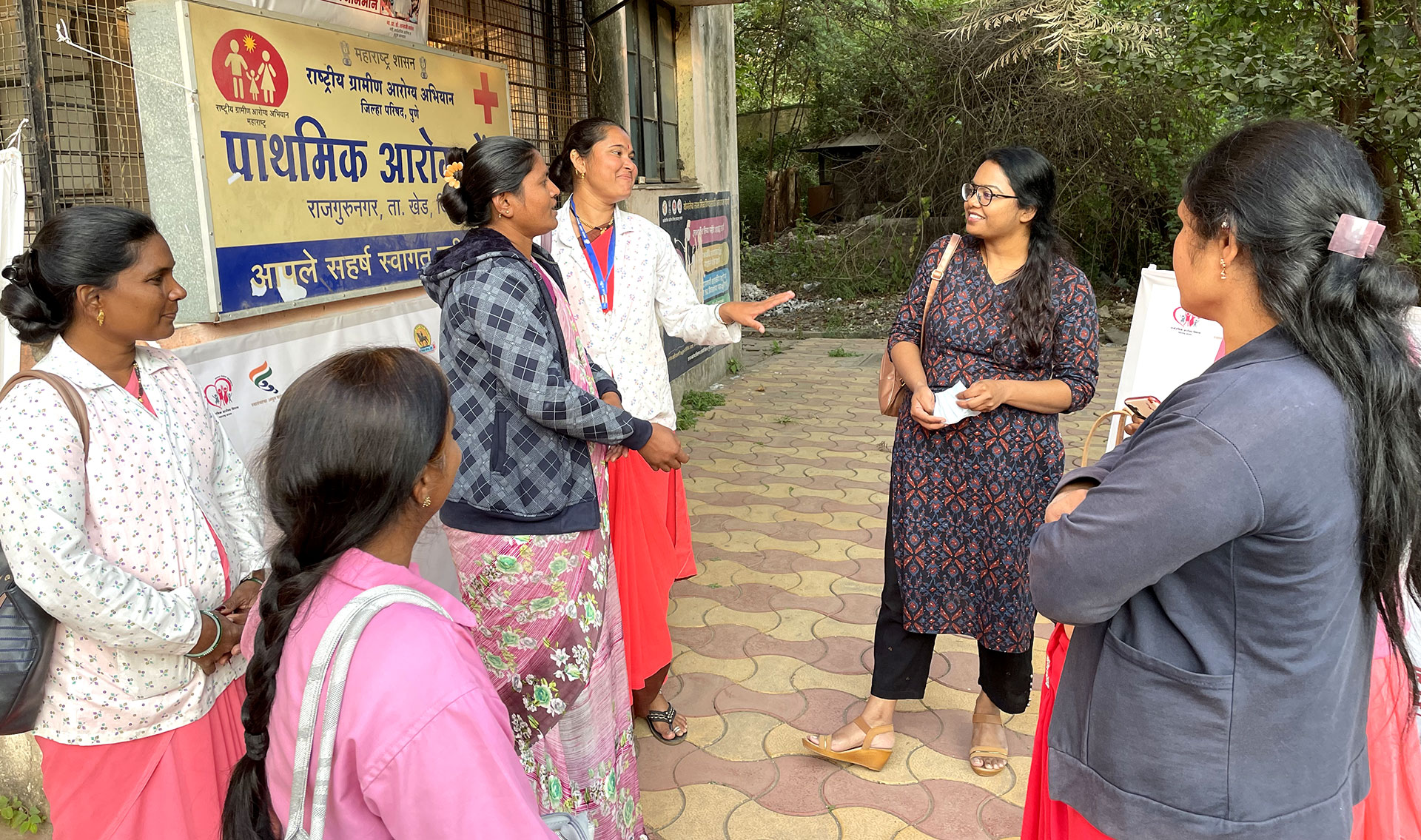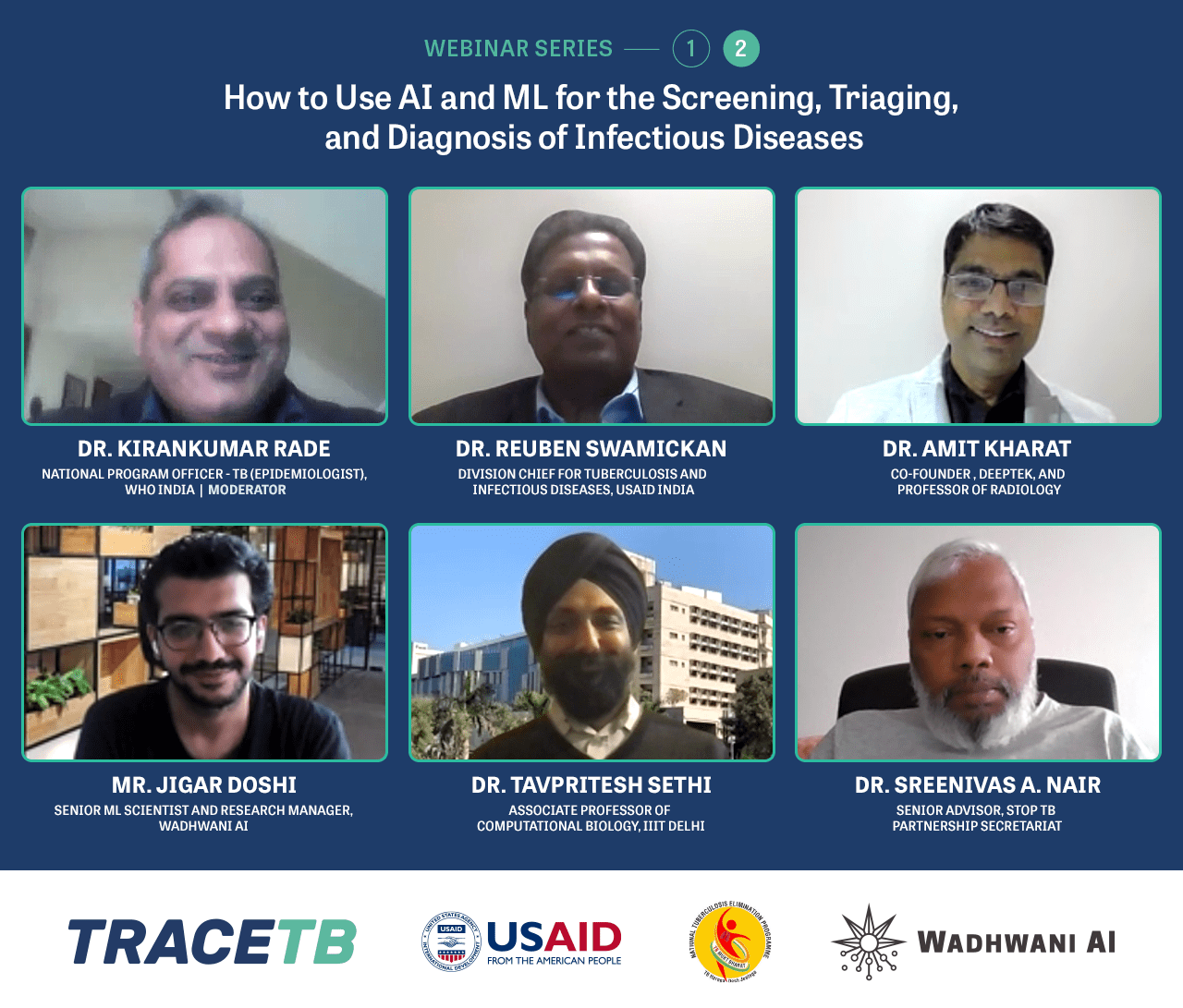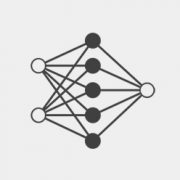No personally identifiable information is collected from users by Tuberculosis Health Visitor (TBHV) or Senior Treatment Supervisor (STS) during the application’s usage. However, users are required to provide essential information for secure access before utilizing the application. Access to the application is contingent upon the provision of this necessary information. While the application does not collect personal information directly, it handles sensitive data related to individuals undergoing treatment following a confirmed diagnosis of Tuberculosis, obtained from Ni-kshay. The purpose of the application is to aid these users in adhering to the guidelines outlined by the National Tuberculosis Elimination Programme (NTEP) for successful follow-up. Our commitment lies in ensuring the security of information and protecting the privacy of both staff and individuals. This privacy policy delineates the specifics of the personal information displayed, its utilization, the entities responsible for its use, and the purposes for which it is employed. Upon registration, users are prompted to acknowledge and accept the terms of this Privacy Policy. Continued use of the application implies ongoing acceptance of these terms. Please be aware that this Privacy Policy may undergo revisions periodically, and users will be duly informed of any such changes. To utilize the application, users must explicitly consent to the terms laid out in this Privacy Policy.
- INFORMATION COLLECTED AND MANNER OF COLLECTION
(a) Application users are mandated to securely provide their personal details, including (1) Name and (2) Phone number. Upon logging into the app, only pre-approved users will be granted access through OTP validation. Following a successful login, the application securely stores and manages information related to individuals undergoing TB treatment. This includes data such as (1) User hierarchy level (State/District/TU/PHI), (2) Type of user (Public/Private), (3) State, (4) District, (5) TU, and (6) PHI. Registration on the app allows users to access information about individuals from Ni-kshay based on the hierarchy they have selected, aligning with NTEP protocol.
(b) The application will systematically gather information on (Call/Visit), including details such as (1) Call duration and (2) Lat/Long coordinates for conducted visits. Additionally, pertinent data about the patient’s current treatment regimen will be collected through follow-up forms (refer to Table – 1).
(c) Data concerning follow-ups will be stored in the Cloud and associated with unique identifiers known as Ni-kshay IDs. Each unique ID will serve as the primary reference for all subsequent information related to conducted follow-ups.
(d) Upon the successful completion of a follow-up, as stipulated in clause 1(b), relevant information will be transmitted to the Cloud.
(e) The application is designed to enable the verification of user identity through a mobile number-based OTP verification process.
- USE OF INFORMATION
(a) The data obtained during the registration process outlined in Clause 1(a) will be securely stored in the cloud and exclusively utilized by Wadhwani AI. The sole purposes of this usage are to generate reports, heat maps, and other statistical visualizations aimed at facilitating the management of Tuberculosis in the country. Additionally, this data may be employed for the dissemination of general notifications pertaining to Tuberculosis, as deemed necessary.
(b) Regarding the follow-up information of individuals, it will be systematically correlated with the frequency and nature of follow-ups, whether through calls or visits. This correlation will include information derived from responses to filled forms, facilitating an understanding of adherence to treatment or follow-up by users of the application (TBHV, STS). This comprehensive approach aims to identify any adverse reactions experienced by individuals undergoing treatment, thereby enabling the implementation of requisite medical and administrative interventions pertinent to Tuberculosis.
(c) It is crucial to emphasize that the data collected under Clause 1 will be utilized exclusively for the purposes explicitly outlined in this Clause 2 and will not be employed for any other purpose.
- RETENTION
(a) All data gathered pursuant to Clause 1 will be preserved for the duration of the account’s existence and as long as any medical or administrative interventions are underway in accordance with Clause 2.
(b) Information collected under Clauses 1(a) and 1(b) will be stored on the mobile device for a period of 30 days from the date of collection. After this timeframe, if the data has not been uploaded to the Cloud, it will be systematically removed from the application.
(c) The provisions outlined herein do not extend to the information specified in Clause 2, which is generated during the follow-up processes conducted by users of the application throughout the course of an individual’s treatment.
- RIGHTS
(a) Registered users, including those identified as TBHV and STS, possess the privilege to access their profiles at any time. They are entitled to add, request the removal, or seek modifications to any registration information they have previously supplied.
(b) The management of communications received from us and the preferences regarding their reception are not within the user’s control. If you decide to discontinue using the app, you have the option to delete it. It’s important to note that uninstalling the app removes all locally stored information on your device but does not affect data stored in the cloud. To delete information outlined in Clause 1(a) and stored on the backend Clouds, please send an email to lfusolutions@wadhwaniai.org, including relevant details. Upon confirming your desire to cancel registration, all information provided under Clause 1(a) will be deleted within 30 days after receiving acknowledgment of the request.
- DATA SECURITY
The application is furnished with standard security features designed to safeguard the confidentiality and security of your information. Data undergoes encryption both during transit and when at rest. Personal information, submitted during the registration process, is encrypted before being transmitted to the cloud, where it is stored securely in an encrypted format. Furthermore, personal information stored within the applications of other registered users with whom you interact is also securely encrypted, rendering it inaccessible to those users.
- DISCLOSURES AND TRANSFER
This policy is applicable to all individuals associated with Wadhwani AI, including employees, contractors, vendors, business partners, interns, and associates who may come into contact with personal information or have access to personal data collected or processed by Wadhwani AI. Strict adherence to this policy is mandatory for all third parties granted access to or in receipt of any personal data; they are expected to thoroughly read, comprehend, and comply with the stipulations outlined in this policy. Ensuring the privacy of users and individuals during the processing of personal data, as well as safeguarding the security of all business data, remains a paramount concern for us.
- GRIEVANCES
If you have any concerns or questions in relation to this Privacy Policy, you may address them to the following as follows: (lfusolutions@wadhwaniai.org)






